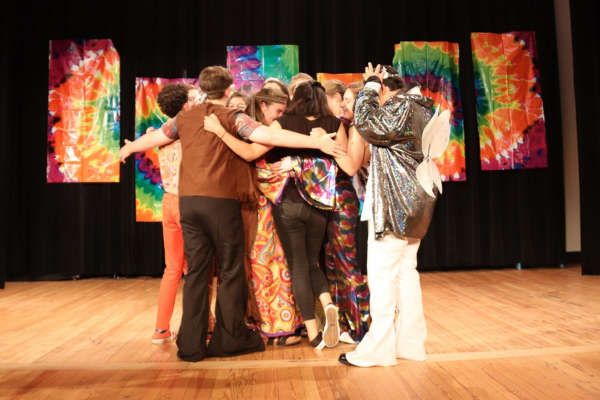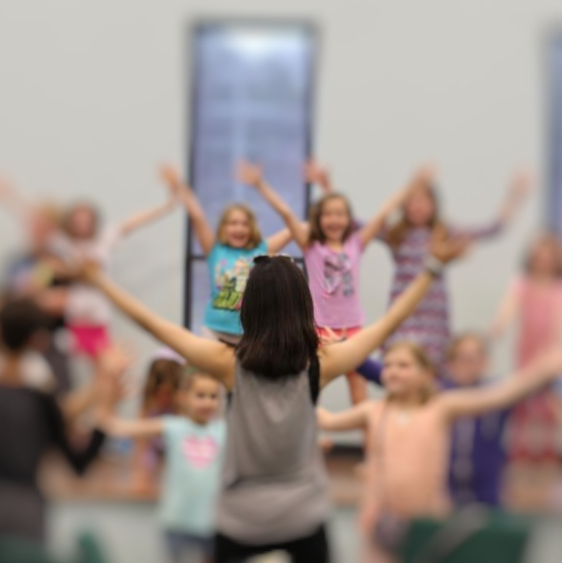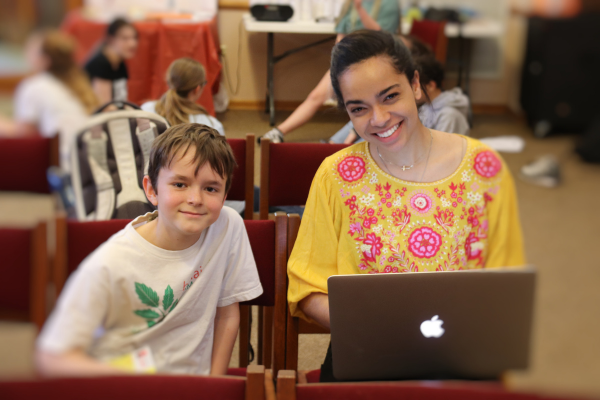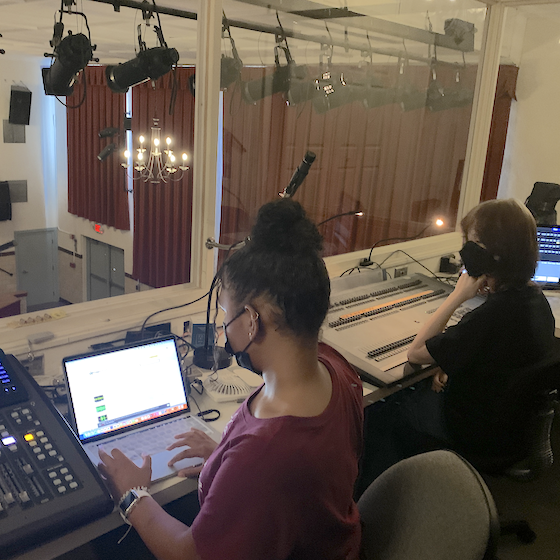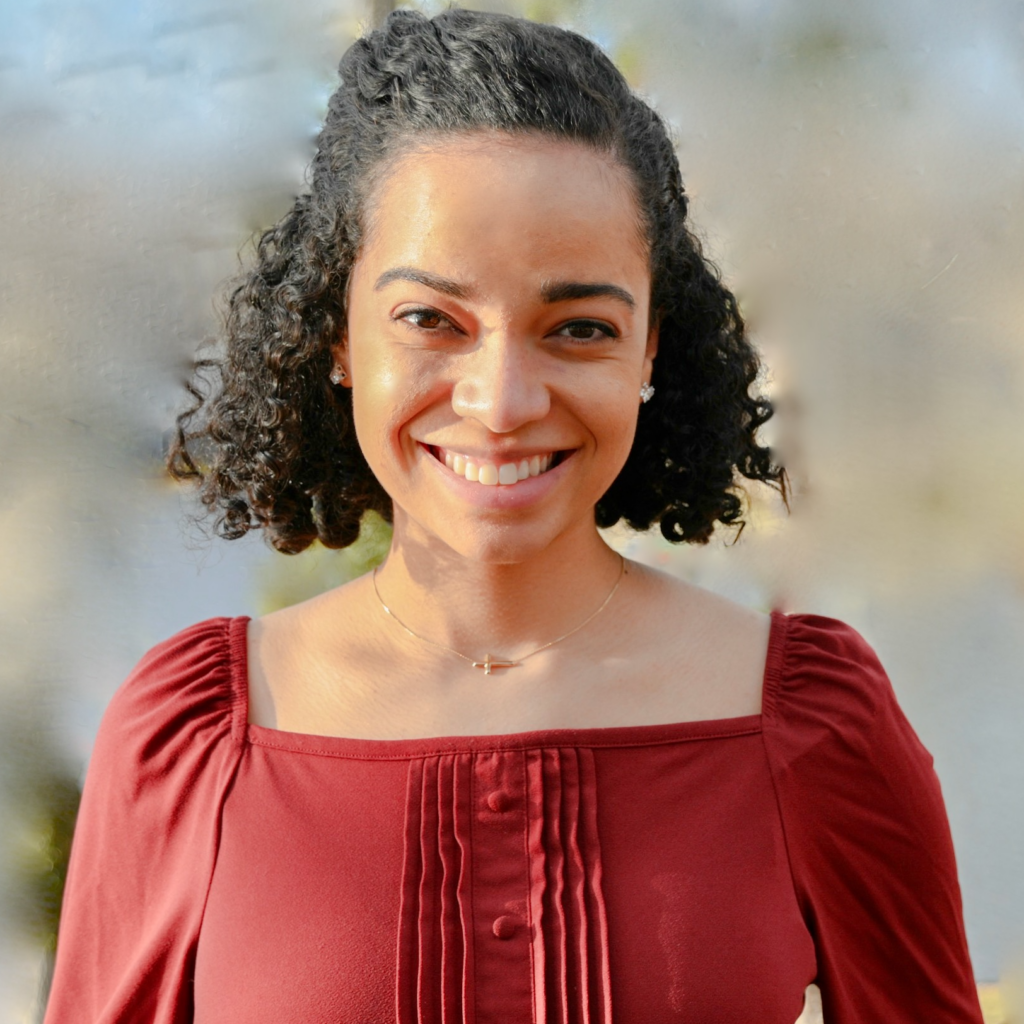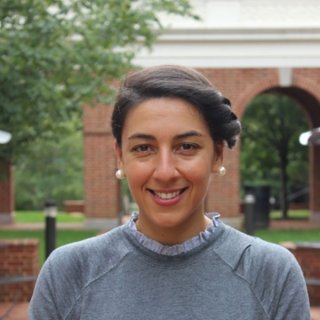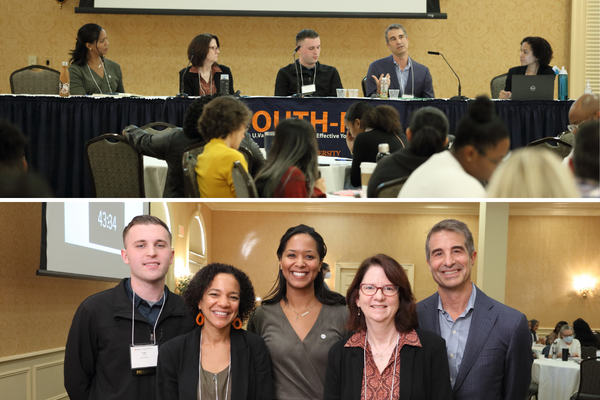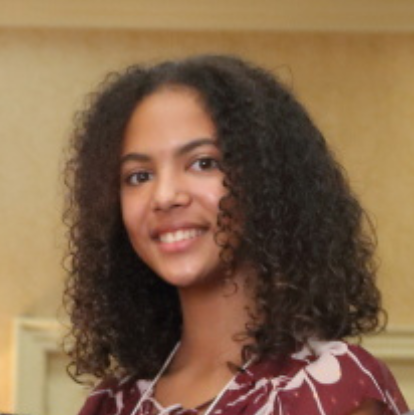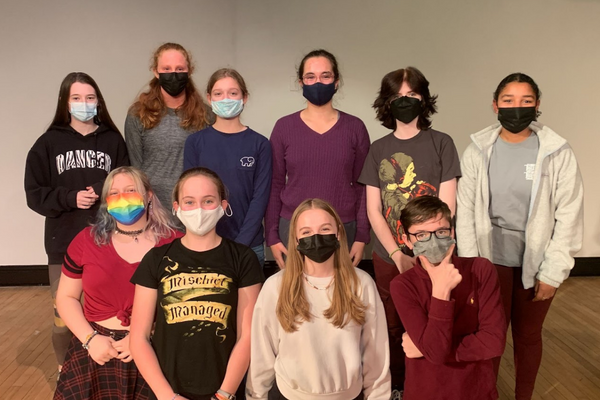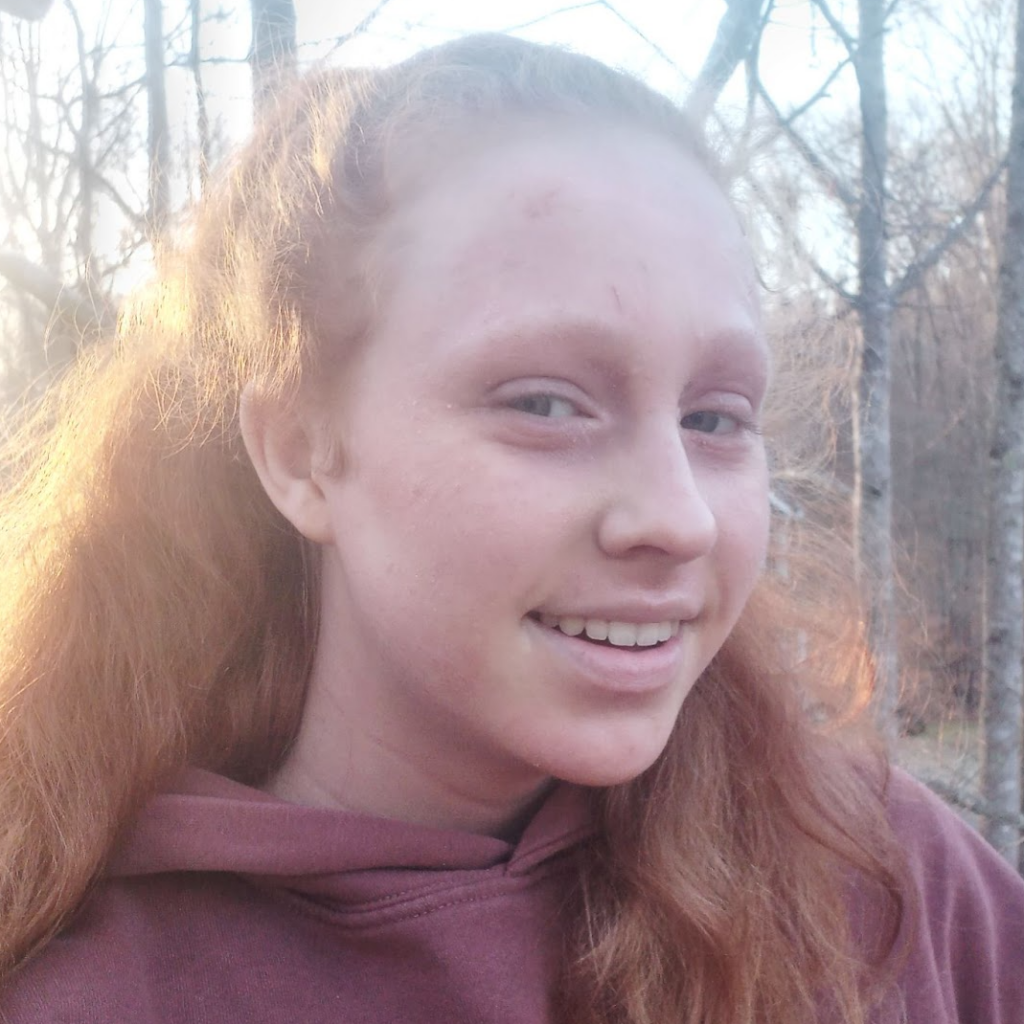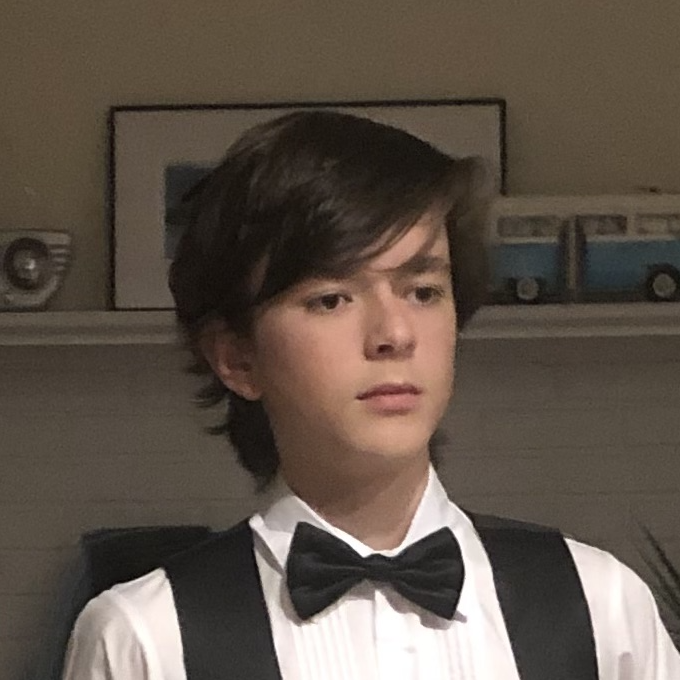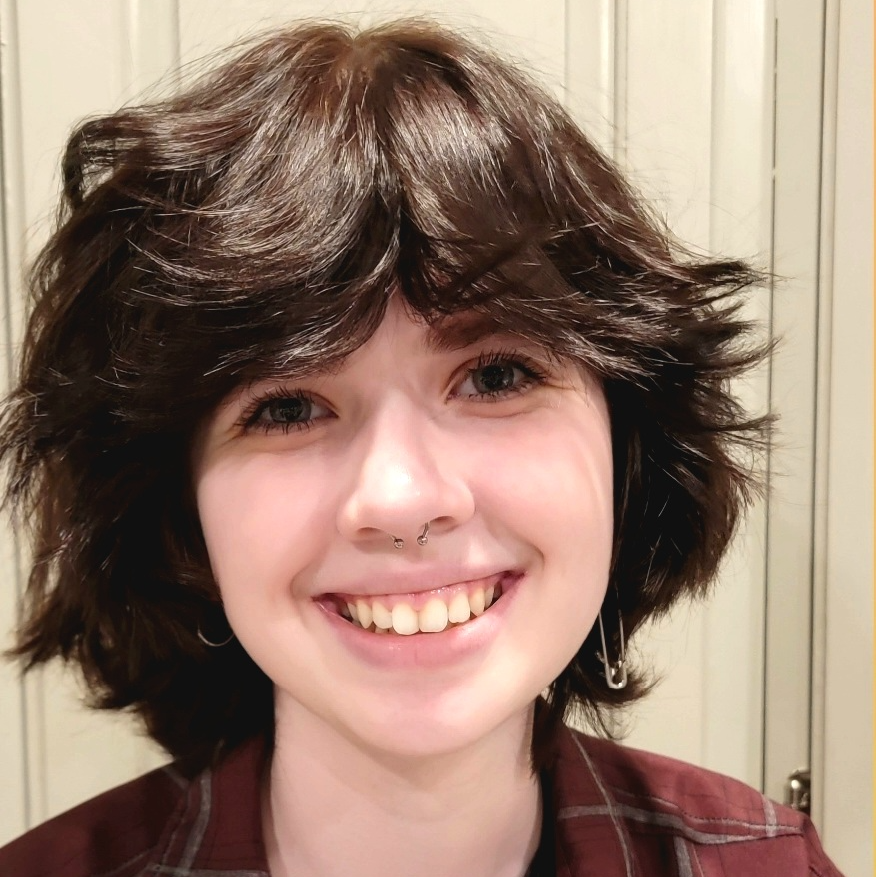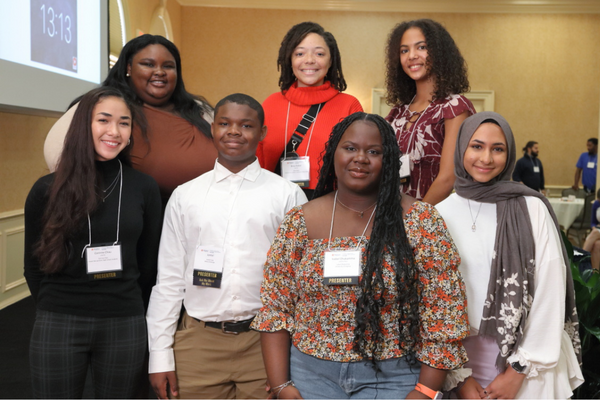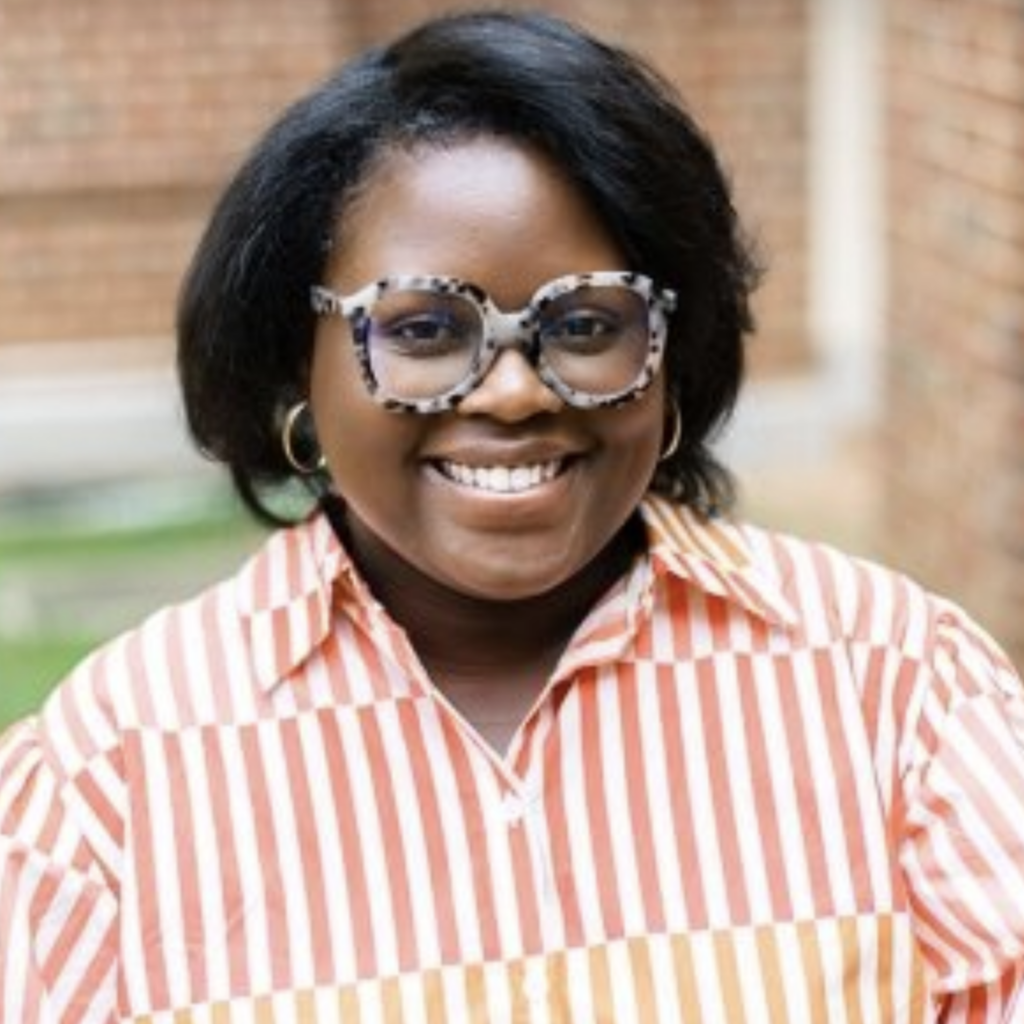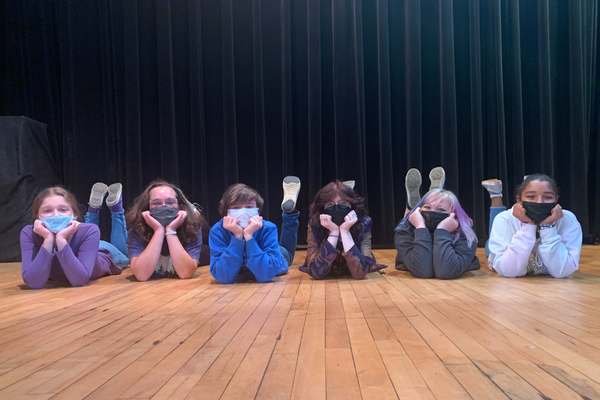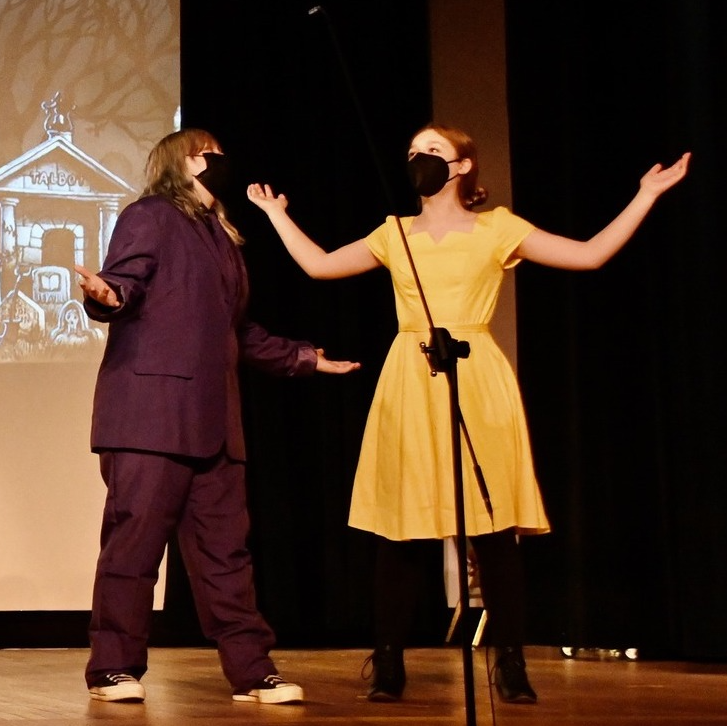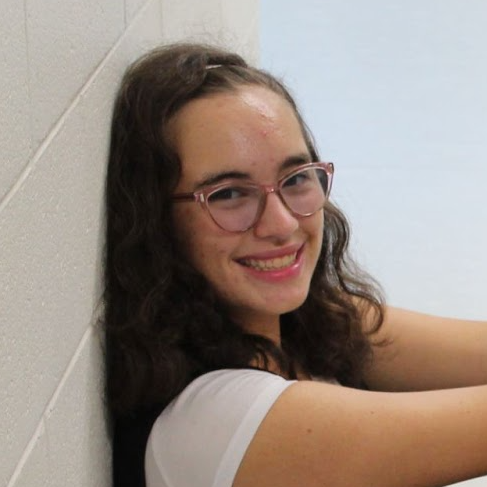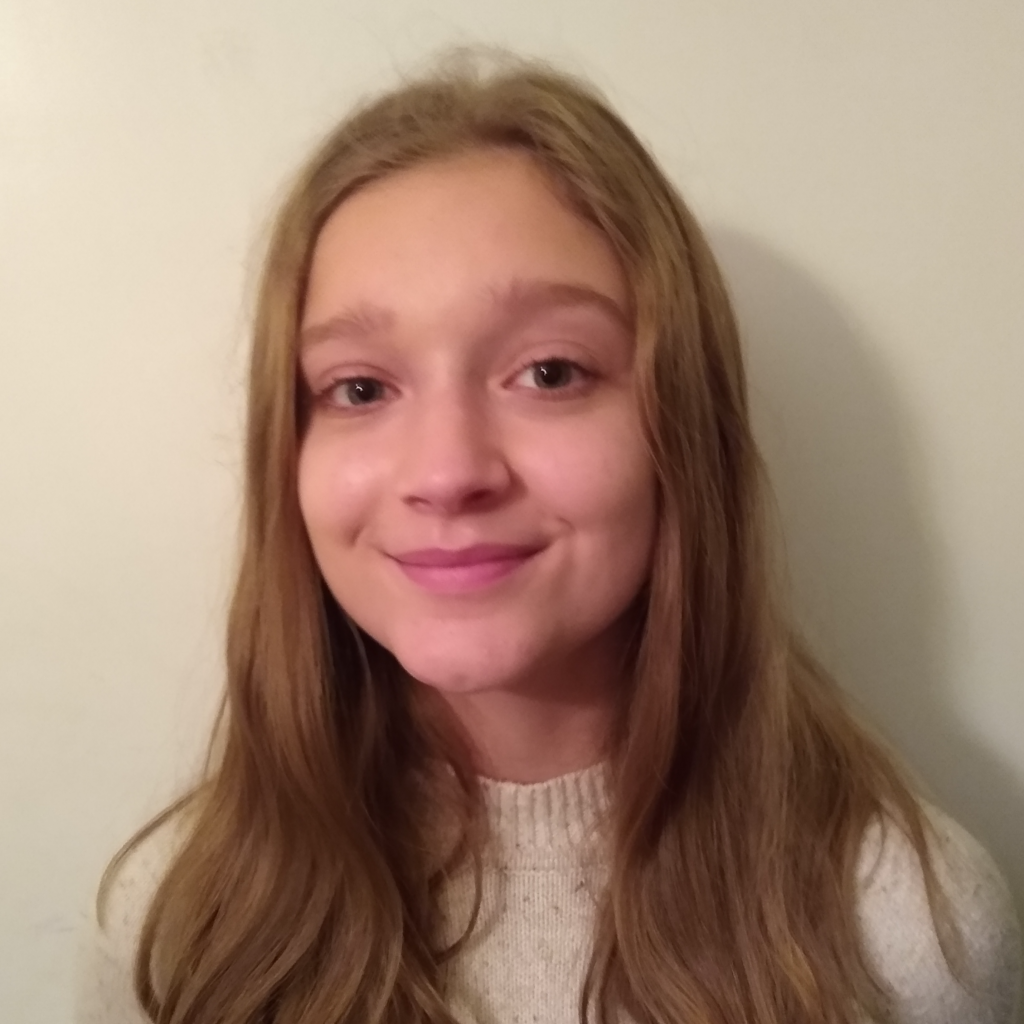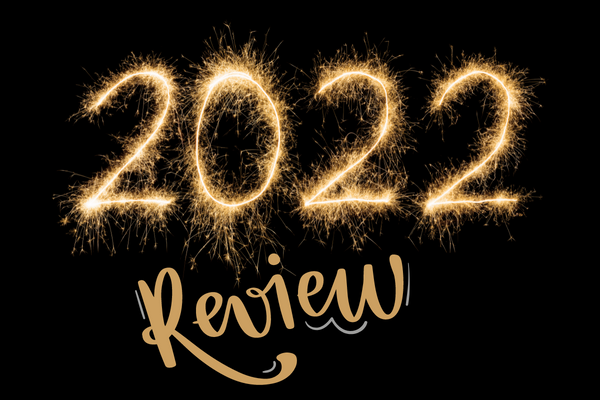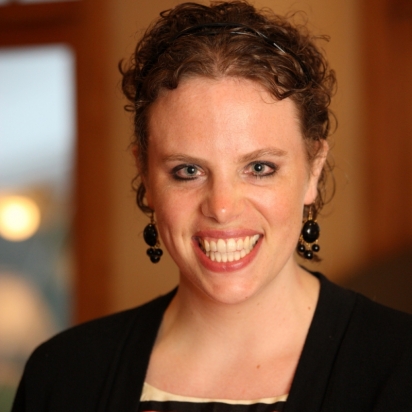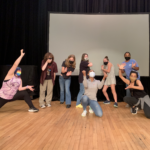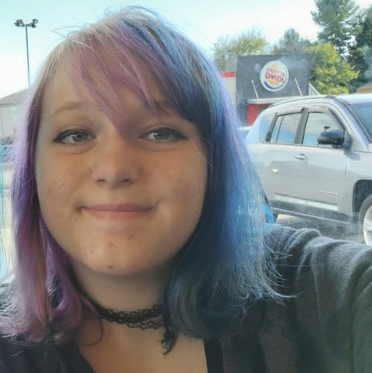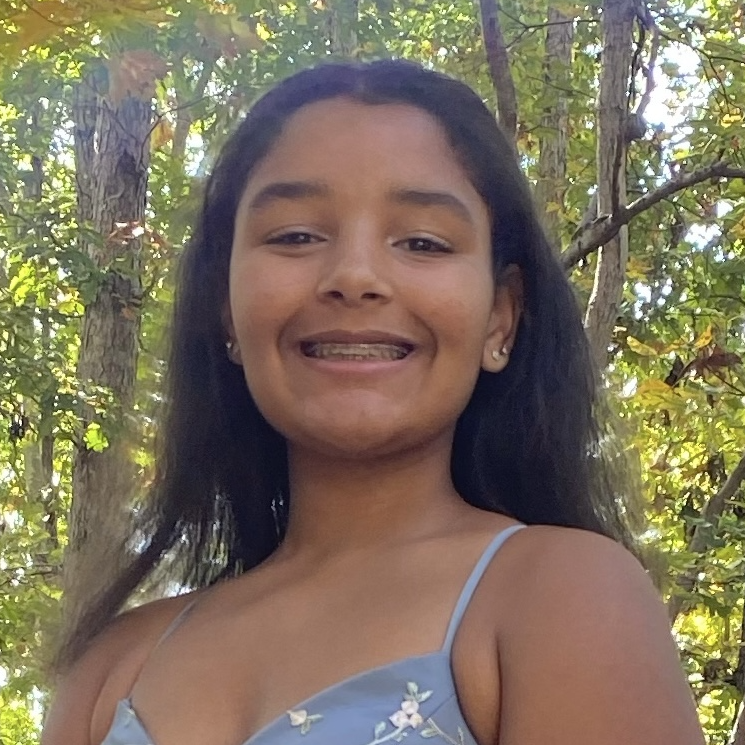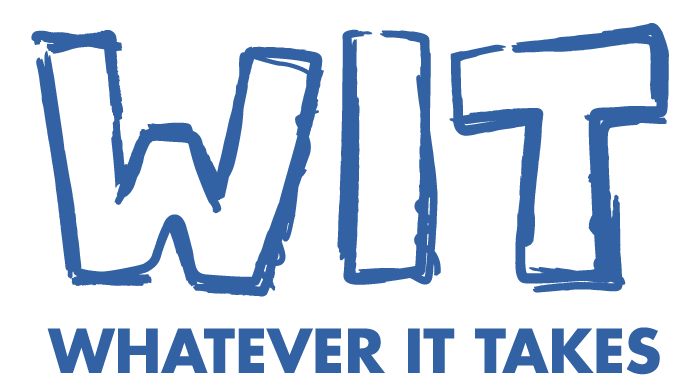By: Maya R. Johnson
Highlights:
- Youth are experts on what they need and do not need in schools, so their voice needs to be heard in discussions on changes and innovations.
- Teachers and administrators play a vital role in empowering youth voices in schools.
- In this blog as part of the Pass the Mic series, read about the strategies panelists mentioned that schools can implement to empower youth voice from the third session about “Youth Voice and Agency in Schools” during the 8th Youth-Nex conference entitled Pass the Mic: Amplifying Youth Voice & Agency.
“Students are the experts on what they are learning,” says Dr. Graves. Heads nod around the room, with mine being one of them. In education-related decisions, it is common for youth, who will be impacted by these decisions, to be left out of the conversation. A shared sentiment amongst the panelists was that youth voices should be empowered and that these voices should be heard in school spaces where decisions are made. The purpose of this panel was to address the question: How can youth voices be empowered by schools?
How to Empower Youth Inside Schools
School is where youth spend most of their time, meaning that students know what they need and what will work. The following strategies were suggested by panelists on how to empower youth in schools:
- Principal advisory committee: Students meet with their principal and share suggestions on how to make their school a place they want to attend.
- Student-community partnerships: Students and community partners are brought together in conversation on areas that need improvement.
- Challenging projects in the classroom: Students complete individual multi-step projects that target challenges that youth see and allow them to create steps to solve those challenges.
- Skill-building opportunities: Students have opportunities to practice skills needed to engage in actions and changes.
- Create intentional spaces: Youth have access to spaces where they can practice self-governance.
How Teachers Can Help
Teachers can help empower youth voices by implementing strategies that avoid regression. Such strategies are building a personal relationship with each individual student, creating an environment of freedom of expression in the classroom, embracing the role of facilitator, and having “be real” moments during which teachers make sure that their students understand and retain the information taught. Through these strategies, not only will regression be avoided, but youth voices will be empowered because students will feel supported by their teachers and have the space necessary to grow confident and comfortable using their voice.
How Administrators Can Help
Administrators can help empower youth voices by making sure that young people feel safe when using their voice. Through consulting youth directly on what the word “safety” means to them and creating spaces where students feel comfortable sharing how they feel and what affects them without judgment, youth will know that their voice is acknowledged by leaders in their school. A key to administrators contributing to the empowerment of youth voice effectively is that they must be open and ready to hear feedback, rather than taking student feedback personally.
My Thoughts
Students know their experiences in schools. They know what innovations and systems work and do not work. They know what they need and do not need.
Students’ voices should and need to be not only heard, but also given genuine space during the school decision making process.
Once schools begin to empower and listen to youth voices, strong leaders will be developed, and schools will be transformed to effectively impact the lives of youth.
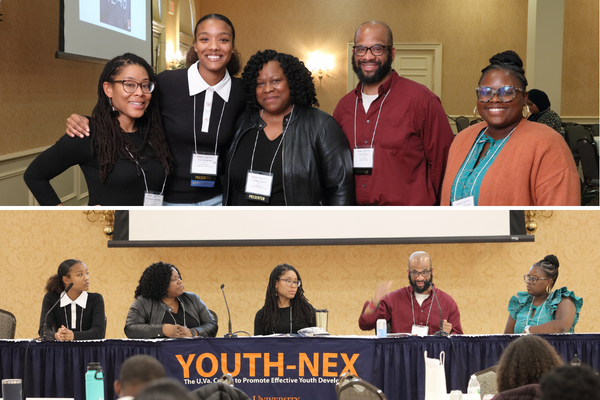
Did you miss one of our six sessions from the Pass the Mic: Amplifying Youth Voice & Agency conference? Go back and watch these panels with youth voices, and read the summaries, primarily written by the youth participants, on the following topics:
- A Dialogue Among Young People on Youth Voice & Agency in the 21st Century
- Social & Justice Systems
- Youth Voice & Agency in Schools
- Health & Well-Being
- Politics, Organizing & Civic Engagement
- Programs that Elevate Youth Voice & Agency
If you have any comments or questions about this post, please email Youth-Nex@virginia.edu. Please visit the Youth-Nex Homepage for up to date information about the work happening at the center.
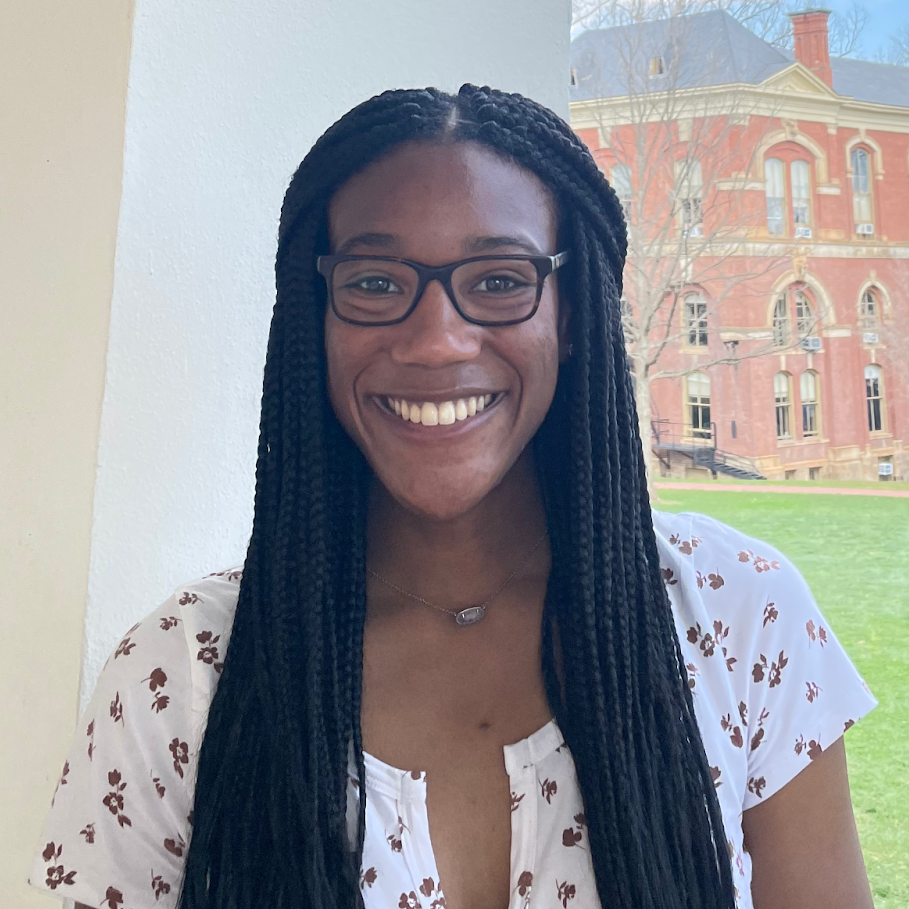
Author Bio: Maya Johnson is a second year at the University of Virginia majoring in Youth & Social Innovation and minoring in Religious Studies. She is a member of the Education Council, member of the leadership team for SEEDS4Change, co-event chair for the Youth & Social Innovation Executive Board, and a volunteer for Virginia Ambassadors.
